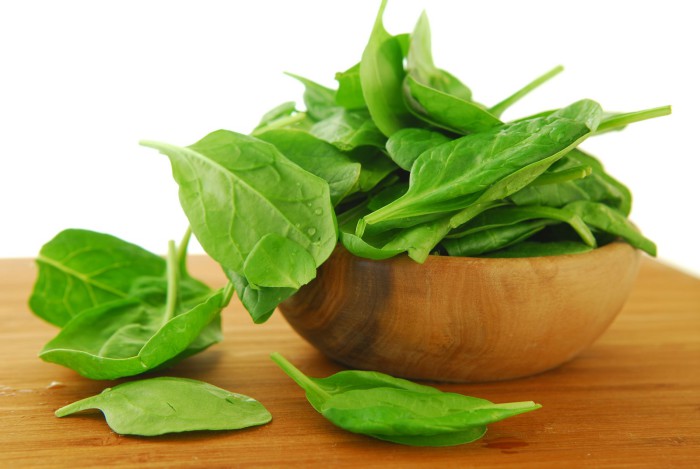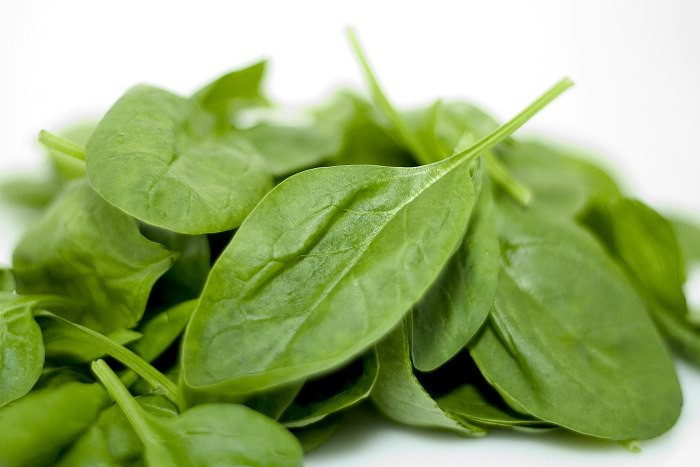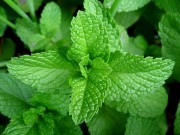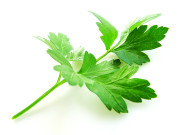Spinach plant - beneficial properties and contraindications. What are the benefits of spinach for the body and how to prepare and store it for the winter.
Spinach is such an interesting plant that you either really love to eat, or quite the opposite, you don’t accept it in any form - there is no middle ground here! Despite its ambiguity in taste preferences among people, it is a very healthy product that can and should be consumed in any form.
Content
Compound
Spinach contains vitamins C, A, B1, B2, PP, P, E, D2, K and various other minerals. And it is also very rich in iodine! It is recommended primarily for people who have health problems associated with the nervous system, exhaustion, anemia, anemia, hypertension, diabetes, gastritis, enterocolitis, etc. Spinach is one of the ten healthiest foods in the world!!! If you don't like spinach, this is something to think about.
History of spinach

The history of growing a plant such as spinach goes back to ancient Greece. From there it migrated to Europe only in the Middle Ages. They became especially interested in this culture in Spain. It was grown there on monastery lands. Spinach was brought to Russia only in the 18th century.
Nowadays, wild spinach can be found in Central Asia, in the Caucasus, Turkmen and Afghan expanses.We especially value spinach in Arab countries, where it is consumed in any form: either fresh or dried.
The benefits of spinach for the body

And it’s not for nothing that this culture is so valued there. Because the protein content in spinach is so high that only unripe peas and beans can compete with it. It also contains a large amount of antioxidants. These are substances that stop the development of cancer cells. Therefore, in modern times, spinach is offered as an unconventional universal method of combating the development of malignant tumors and in the treatment of radiation sickness.
In addition, spinach cleanses the intestines very well, as it contains a large amount of coarse fiber and fiber in its leaves. This is an excellent remedy for those who want to lose weight. In addition, it prevents the formation of cellulite due to its high iron content.
It is also recommended for heart patients to strengthen the heart muscle and blood vessel walls.
Spinach also affects the condition of the skin, stopping the appearance of wrinkles and keeping it young for a long time, as well as teeth, nails and hair, which become soft and fluffy. Also, doctors say that consuming spinach improves vision.
As you can see, this is simply a panacea for everything. At the same time, spinach is very low in calories, therefore, it can be consumed in any quantity at any body weight. 100 g of spinach contains about 22 kcal.
Contraindications and harms of spinach

Even the healthiest product can be harmful if used incorrectly, and spinach is no exception. Due to the oxalic acid contained in spinach, spinach is contraindicated for people with urolithiasis, nephritis and other kidney and urinary tract problems.Spinach is also harmful for people suffering from gout, having diseases of the liver, biliary tract and duodenum.
Helpful advice: young spinach leaves contain much less oxalic acid and can be eaten in moderation, even with the above problems.

Photo: Spinach in the garden
Eat spinach fresh in the summer and make preparations from it for the winter, keeping in mind that there are a lot of options: you can pickle it and preserve, and even just freeze it in the freezer.























